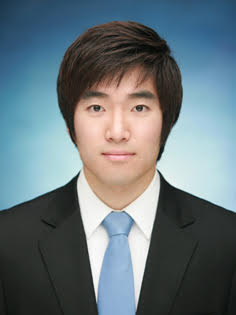Dissertation Defense
Stability and Efficiency Improvement of Organic Light-Emitting Diodes
This event is free and open to the publicAdd to Google Calendar

Passcode: 556270
Recently, organic light-emitting diodes (OLEDs) have been attracting a great deal of attention as promising future light sources. However, performances of OLEDs have not reached a satisfactory level and further lifetime and efficiency improvements are required for more practical applications. In the first part of the presentation, stability of OLEDs and its molecular fragmentation during the operation are explored. The OLED operation creates numerous hot excited states, breaking the constituent molecules, and this fragmentation process and fragment molecules are investigated by using Laser-Desorption Ionization Time-of-Flight Mass Spectrometry and X-ray Photoelectron Spectroscopy methods. The energetics of the fragments are identified by using Density Function Theory calculations, showing their roles in devices. The fragmentation analysis enlightens the future molecular design strategy for more stable OLEDs.
In the second part, we undergo thorough optical analysis of OLEDs. We systematically investigated fundamental reason for light trapping in OLEDs and show possible light outcoupling solution without introducing an expensive method. We solve Maxwell’s equations to find optical modes in OLEDs and design structures in a way that optical modes are not excited. We also show that the fabricated OLEDs are highly flexible thus can endure multiple bending cycles with good mechanical robustness.
Chair: Professor Jay Guo
 MENU
MENU 
